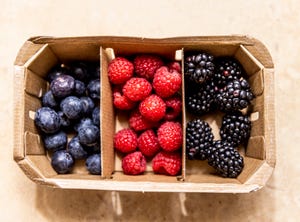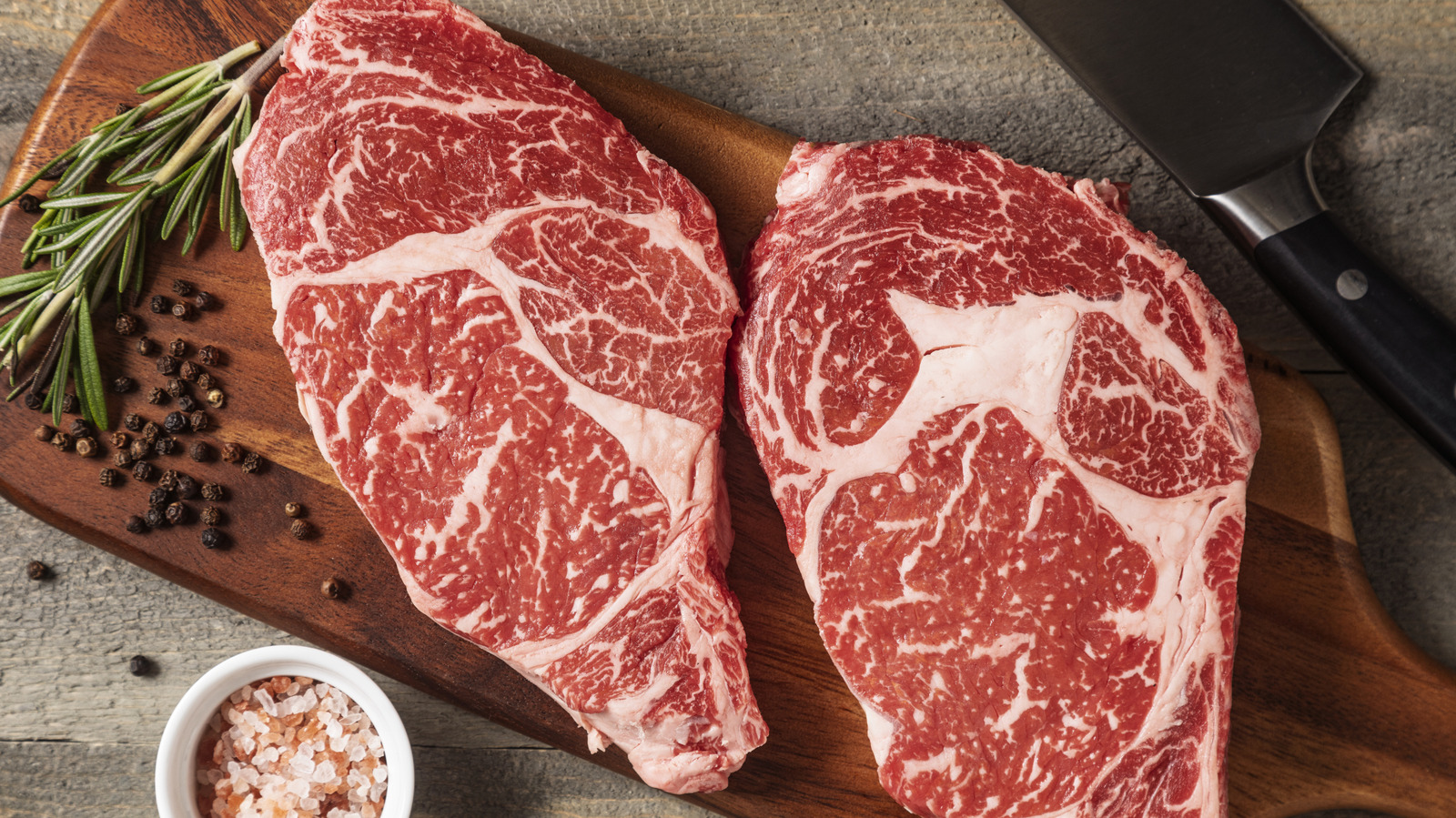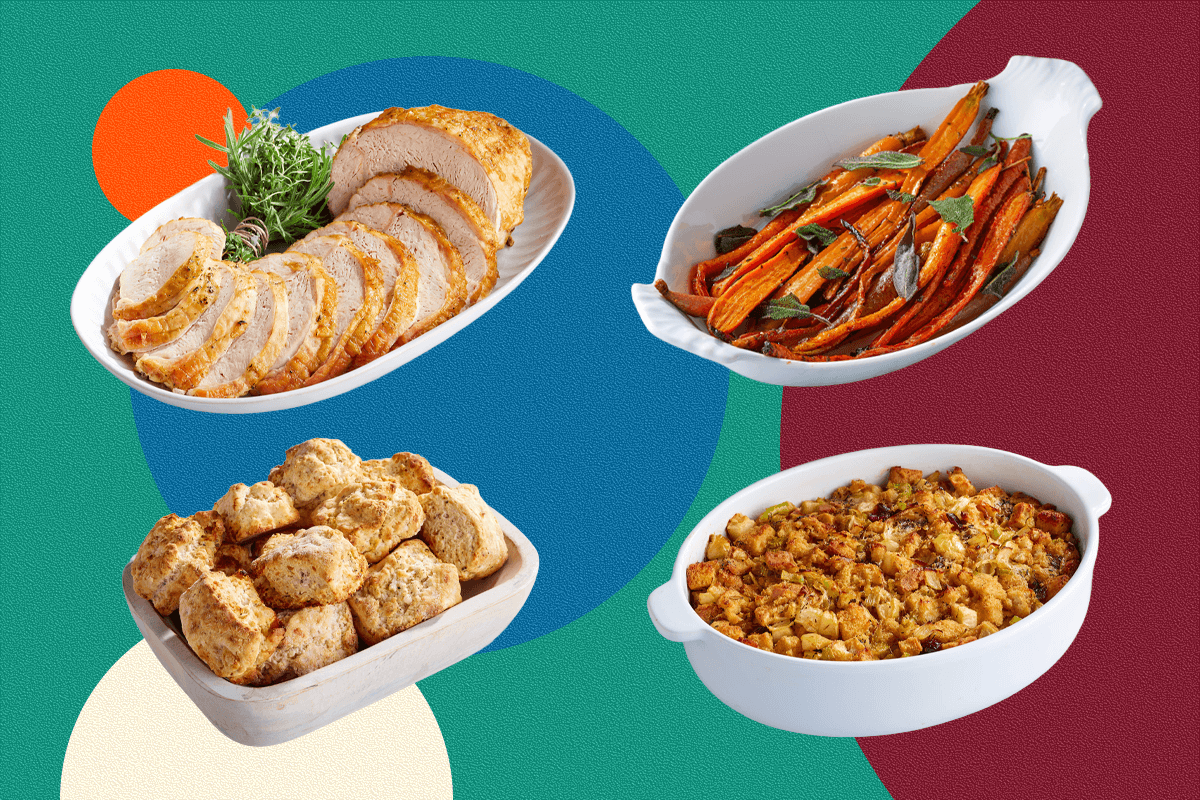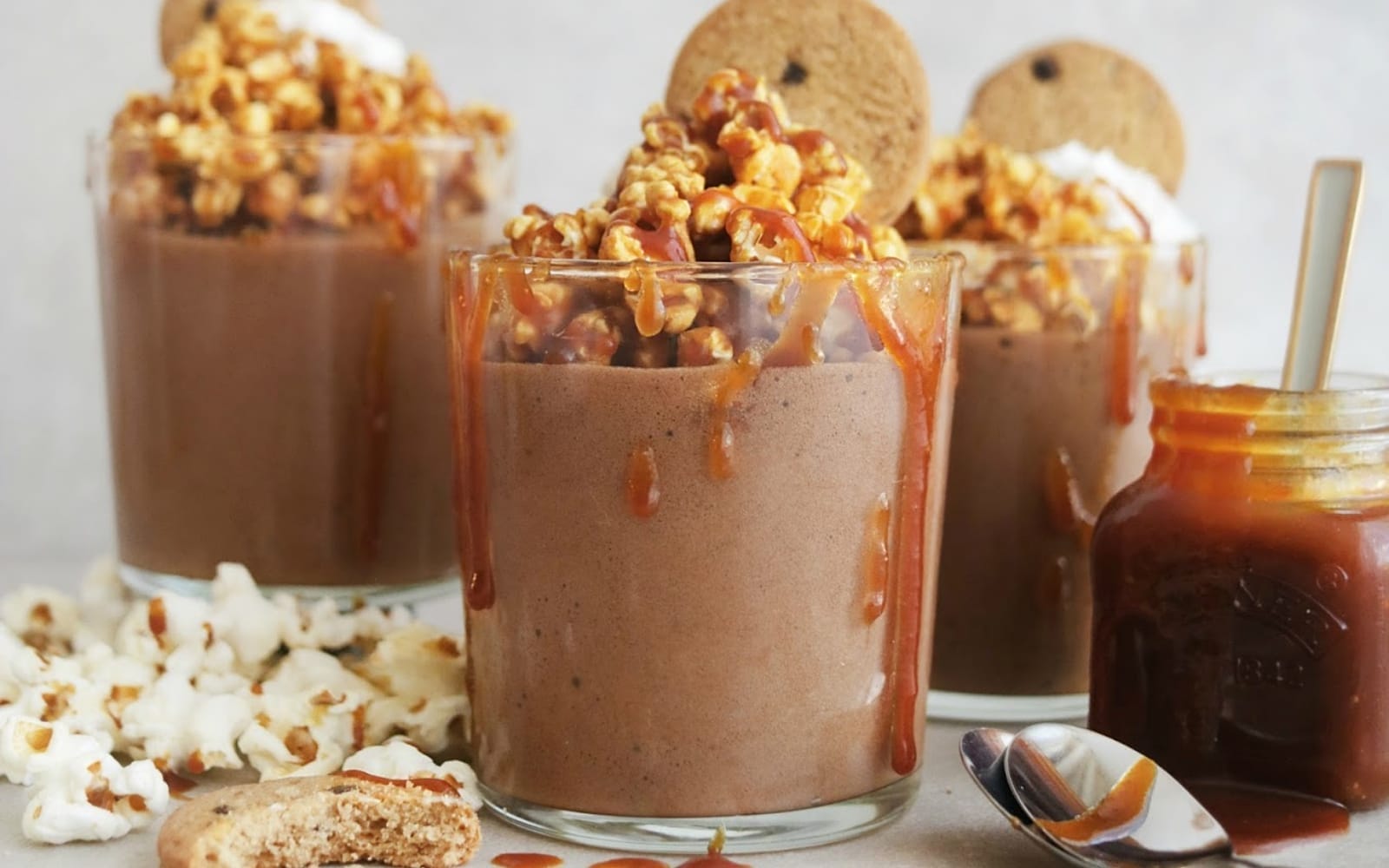
AI News Q&A (Free Content)
Q1: What are some specific plant-based foods that have been shown to reduce cancer risk according to recent studies?
A1: Recent studies have identified several plant-based foods that may help reduce cancer risk. For instance, turmeric contains curcumin, which has been shown to reduce the growth of various cancer types. Citrus fruits like lemons, limes, and oranges have been associated with a lower risk of digestive and upper respiratory tract cancers. Additionally, nuts such as Brazil nuts and walnuts, along with olive oil, are linked to cancer protection. Incorporating these foods into a diet rich in whole foods may lower cancer risk and decrease cancer growth.
Q2: How do plant-based diets contribute to cancer prevention, and what are the key components of these diets?
A2: Plant-based diets contribute to cancer prevention by emphasizing the consumption of vegetables, fruits, whole grains, legumes, nuts, seeds, and healthy fats like olive oil. Such diets are high in fiber and low in animal products, which helps in weight management and reduces inflammation, both of which are linked to a decreased cancer risk. The Mediterranean diet, a well-known plant-based dietary pattern, has been associated with reduced all-cause mortality and a lower risk of chronic diseases, including cancer.
Q3: What does recent research say about the relationship between body mass index (BMI) and the effectiveness of anti-hormonal treatments for breast cancer?
A3: Recent research indicates that a high body mass index (BMI) negatively impacts the effectiveness of anti-hormonal treatments like aromatase inhibitors (AI) for estrogen receptor-positive breast cancer. This effect is likely due to disturbances in steroid metabolism and adipokine production. A mathematical model suggests that dietary factors, including high-fat diets, should be considered when evaluating clinical outcomes during anti-hormonal therapies for breast cancer patients.
Q4: What are the potential effects of vegan soups rich in cholinesterase inhibitors on cancer cells, based on recent in vitro studies?
A4: Recent in vitro studies on vegan soups rich in cholinesterase inhibitors, such as those containing mushroom, asparagus, leek, and sea buckthorn, show that these soups can reduce the metabolism of colorectal cancer cells (HT-29). Specifically, leek soup demonstrated a notable effect at various concentrations. These findings suggest that such functional foods might have potential benefits in reducing cancer cell viability and growth.
Q5: How do dietary patterns influence the risk of colorectal cancer?
A5: Dietary patterns significantly influence the risk of colorectal cancer. Consuming high amounts of red and processed meats increases the risk, while diets rich in fruits, vegetables, and fiber are protective. These foods help regulate bowel movements and reduce inflammation, both of which are crucial in preventing colorectal cancer. Following a diet that limits processed meats and includes plenty of plant-based foods can significantly lower colorectal cancer risk.
Q6: What guidelines does the American Cancer Society provide regarding fruit and vegetable intake for cancer prevention?
A6: The American Cancer Society recommends consuming at least 2½ to 3 cups of vegetables and 1½ to 2 cups of fruit each day to reduce cancer risk. These foods are low in calories, high in fiber, and have a high water content, which helps with weight management and reduces cancer risk. A diet rich in vegetables and fruits is also linked to a lower risk of other chronic diseases, such as heart disease.
Q7: Are there any adverse effects associated with the use of dietary supplements in cancer prevention?
A7: While a diet rich in plant-based foods is beneficial, there is limited and inconsistent evidence that dietary supplements reduce cancer risk. Some studies have found that high-dose supplements containing nutrients like beta-carotene and vitamins A and E can actually increase the risk of certain cancers. Therefore, it is advised to focus on obtaining nutrients from whole foods rather than relying on supplements for cancer prevention.
References:
- Impact of in vitro digestion on the cytotoxicity and microbial viability of cholinesterase-inhibitor-rich vegan soups in human intestinal cell models
- Modeling of mouse experiments suggests that optimal anti-hormonal treatment for breast cancer is diet-dependent





